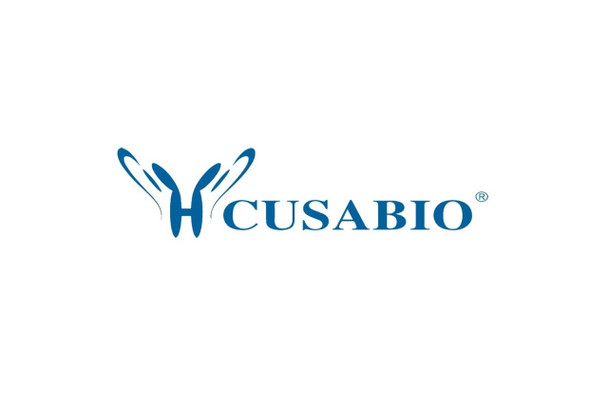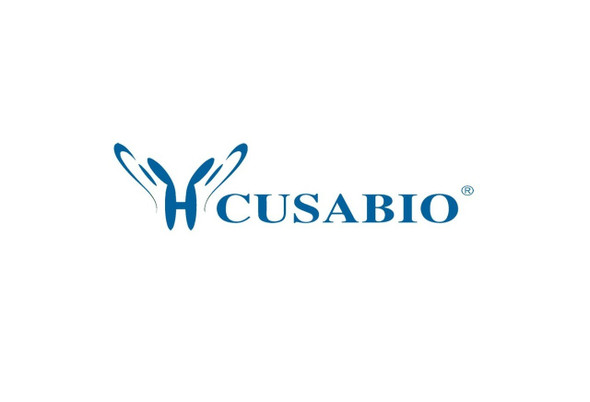Cusabio Polyclonal Antibodies
AP3B1 Antibody | CSB-PA001874ESR1HU
- SKU:
- CSB-PA001874ESR1HU
- Availability:
- 3 to 7 Working Days
Description
AP3B1 Antibody | CSB-PA001874ESR1HU | Cusabio
AP3B1 Antibody is Available at Gentaur Genprice with the fastest delivery.
Online Order Payment is possible or send quotation to info@gentaur.com.
Product Type: Polyclonal Antibody
Target Names: AP3B1
Aliases: AP-3 complex subunit beta-1 (Adaptor protein complex AP-3 subunit beta-1) (Adaptor-related protein complex 3 subunit beta-1) (Beta-3A-adaptin) (Clathrin assembly protein complex 3 beta-1 large chain), AP3B1, ADTB3A
Background: Subunit of non-clathrin- and clathrin-associated adaptor protein complex 3 (AP-3) that plays a role in protein sorting in the late-Golgi/trans-Golgi network (TGN) and/or endosomes. The AP complexes mediate both the recruitment of clathrin to membranes and the recognition of sorting signals within the cytosolic tails of transmembrane cargo molecules. AP-3 appears to be involved in the sorting of a subset of transmembrane proteins targeted to lysosomes and lysosome-related organelles. In concert with the BLOC-1 complex, AP-3 is required to target cargos into vesicles assembled at cell bodies for delivery into neurites and nerve terminals.
Isotype: IgG
Conjugate: Non-conjugated
Clonality: Polyclonal
Uniport ID: O00203
Host Species: Rabbit
Species Reactivity: Human
Immunogen: Recombinant Human AP-3 complex subunit beta-1 protein (895-1094AA)
Immunogen Species: Human
Applications: ELISA, IHC
Tested Applications: ELISA, IHC; Recommended dilution: IHC:1:20-1:200
Purification Method: Antigen Affinity Purified
Dilution Ratio1: ELISA:1:2000-1:10000
Dilution Ratio2: IHC:1:20-1:200
Dilution Ratio3:
Dilution Ratio4:
Dilution Ratio5:
Dilution Ratio6:
Buffer: PBS with 0.02% sodium azide, 50% glycerol, pH7.3.
Form: Liquid
Storage: Upon receipt, store at -20°C or -80°C. Avoid repeated freeze.
Initial Research Areas: Microbiology
Research Areas: Microbiology;Signal transduction









